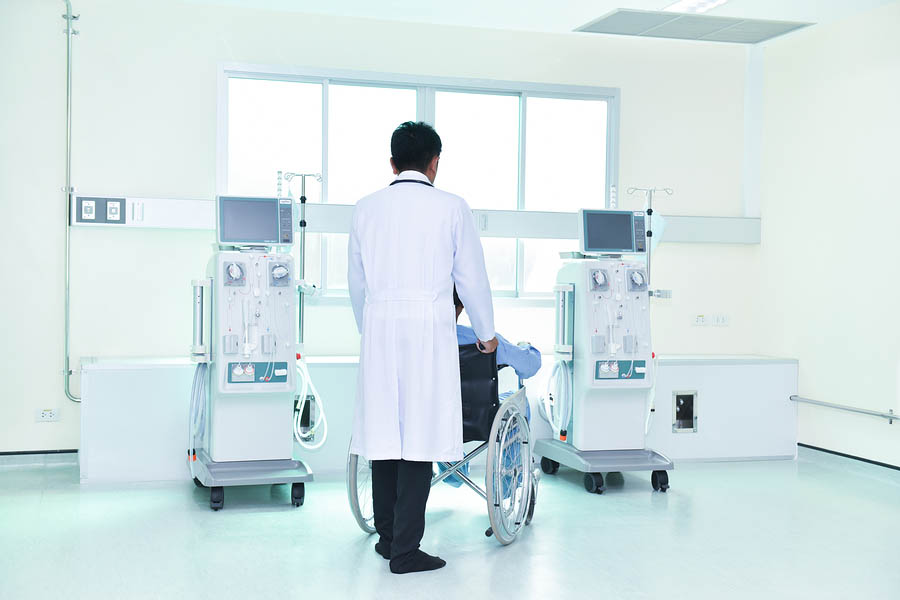Poor Kidney Function in Elderly: Causes and Treatment Options
Category:

As people age, it seems like they must start worrying about all sorts of health issues that would never have occurred to them when they were younger. That’s true when it comes to your kidney function as well. Before you start having issues, it’s a good idea to understand what causes poor kidney function in the elderly and what your treatment options are.
Causes of Decreased Kidney Function in the Elderly
As you age, you have a higher risk of urinary tract and kidney diseases. The bad news is that kidney disease can be quite serious if not addressed quickly. The good news is that the right treatment and early detection can increase the function of your kidneys.
One of the most common causes of decreased kidney function in elderly patients is diabetes. Diabetes can cause damage to the kidney’s nerves and blood vessels even if your diabetes is well controlled.
There are several other causes of kidneys not functioning properly. Elderly people, especially women, are more likely to get urinary tract infections as they age. If untreated, the infection can spread to the kidneys. In addition, older adults are more likely to have urinary incontinence issues than younger adults.
Urinary incontinence is uncontrolled leaking of urine from a person’s bladder. This can increase the likelihood of having a urinary tract infection which, in turn, increases the likelihood of kidney damage.
Most people know that high blood pressure can damage your heart, but you might not realize it can cause damage to your kidneys as well.
Finally, renovascular disease, which is the narrowing or even blockage of the renal artery, can reduce the blood supply to your kidneys and reduce function. It is the most common reason for kidney failure in senior adults.
Improving Kidney Function in the Elderly
There are treatments for low kidney function in elderly. The goal of this treatment is to correct what is causing your kidney disease by reducing protein in your urine, controlling phosphorus levels, controlling your diabetes, reducing blood pressure, and improving your cholesterol levels.
Your doctor may attack your kidney disease from several different directions at the same time. The first step is to look at your medications and determine if you are taking any that need to be reduced or discontinued completely.
Some of the medicines that can cause issues are:
- Blood-thinners
- Antibiotics
- Antihistamines
- Ibuprofen
Your doctor may also have you take iron pills, vitamin D supplements, or medicines that will lower phosphate levels.
In addition, you doctor will take a close look at your diet to determine how much protein, potassium, and phosphorus you are taking in daily. All three might need to be reduced.
If the decreased kidney function in elderly is due to a fluid or electrolyte imbalance, it can be dealt with by changing your water intake or consuming additional electrolytes. For more serious kidney issues, temporary dialysis may be necessary to avoid severe complications.
For those concerned about or dealing with kidney malfunction in elderly loved one, it’s important to make sure they are eating right, are not overly medicated, and keeping their doctor informed of any urinary tract infections or incontinence issues sooner rather than later. It’s the best way to keep a small issue from becoming a much larger one down the line.
Subscribe
Date: 2018-12-20
Category:


